Read all our CBC North longform storytelling
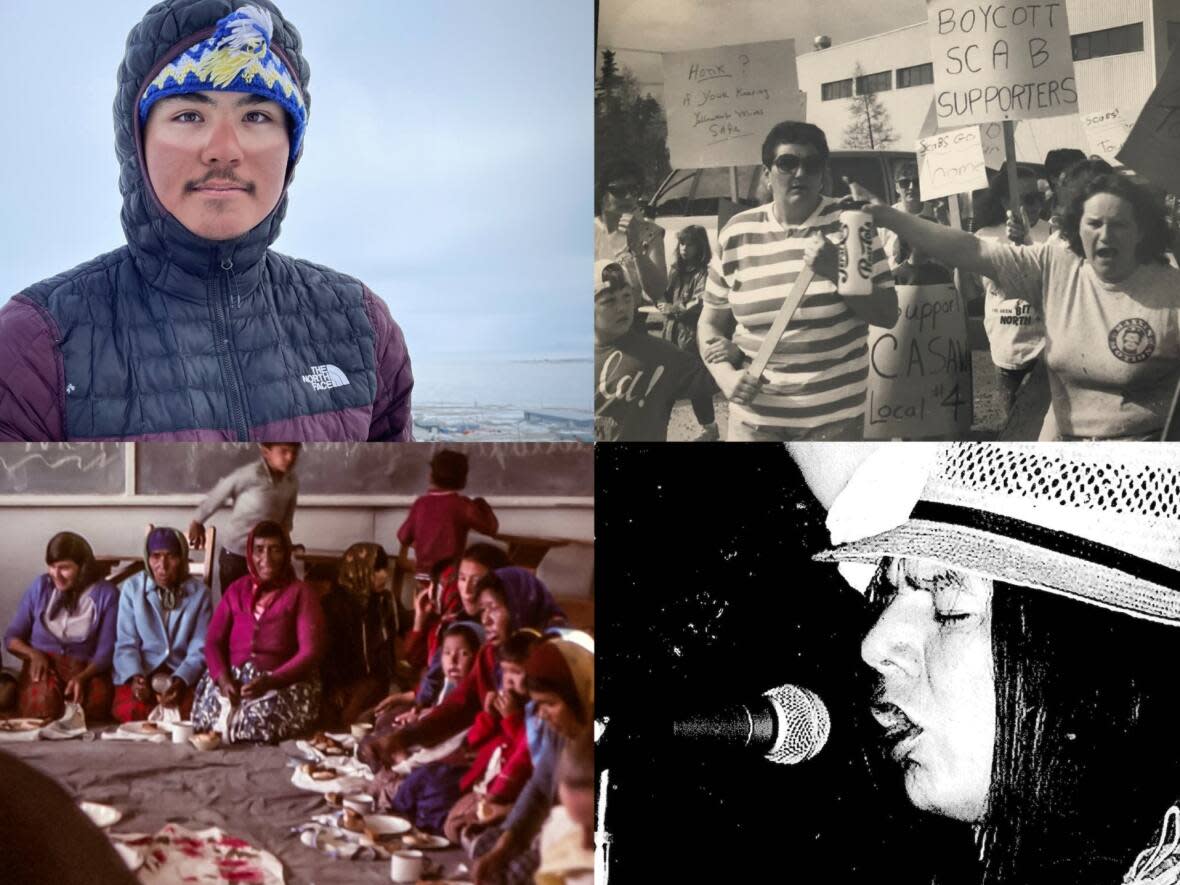
From time to time, our reporters find a story that calls for a bit more reporting than the daily news.
Find all of our longform journalism here.
'I was meant to do it': Nunavut man revives tradition of hunting by dogsled

Carried by his qimmiit and his ancestors, Devon Manik is reviving the tradition of hunting with sled dogs in the age of social networks.
Read the November feature here.
How climate change and shoreline erosion threaten to wash Tuktoyaktuk away
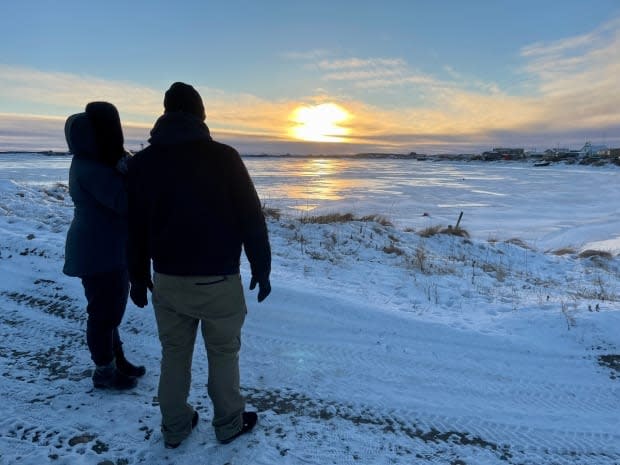
The Arctic hamlet of Tuktoyaktuk, N.W.T., is losing up to a metre of coastline each year. The people who live there are in a race against time to preserve their way of life — and their community.
Read the feature here.
Nemaska Cree call for apology and compensation for forced relocation
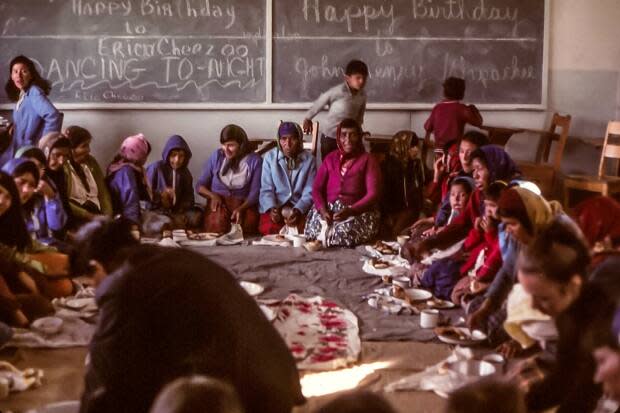
The Cree of Old Nemaska, as it is now called, would be the first to be displaced in 1970 by impending hydroelectric development in northern Quebec. The community is asking for a formal apology and compensation for the trauma this caused.
Read the feature here.
Once-forsaken Yukon town finds itself on the upswing again

The small town of Faro, Yukon, has seen more ups and downs than most in its 53-year existence. Now, with a massive mine reclamation project on the horizon, the town is on the upswing again.
Read the November feature here.
How Yukon's new First Nations School Board looks to shake up education

A small school in Beaver Creek, Yukon, has been taking students out on the land every fall to fish, hunt, and experience life at camp with some local elders. It's the sort of thing the territory's new First Nations School Board wants to see more of.
Read the feature here.
Keep on rockin' in the Cree world

A special tribute took place in the northern Quebec Cree community of Chisasibi to celebrate the 50th anniversary of the Fort George Rockers, a band credited with laying the groundwork for a thriving music scene in Quebec Cree communities.
Read the feature here.
A labour dispute devolved into mass murder in N.W.T. in 1992. 30 years later, the scars still linger

In 1992, a labour dispute that would last 18 months tore Yellowknife apart, culminating in an explosion that killed nine miners.
Read the September feature here. Or listen to our podcast: Giant — Murder Underground.
As Yukon River chinook disappear, so does a way of life

Chinook salmon runs in the Yukon River have been steadily declining, with 2022 marking the smallest run on record. As the fish disappear, Yukon First Nations fear the cultures and traditions built around the salmon over countless generations will too.
Read the September feature here.
Yukon's years-long housing crisis confounds leaders

It's been called a crisis for over a decade. Now renters and buyers alike are being shut out of the Yukon's red hot housing market. How can the territory get runaway housing costs under control?
Read the September feature here.
Decade after death, legendary Quebec Cree artist's guitar heads home

Thirty-six years after his untimely death from cancer, the family of Cree singer/songwriter Morley Loon has been reunited with a key remnant of the artist: his guitar.
Read the July feature here.
Families find peace at site of fatal 1977 plane crash in Nunavut
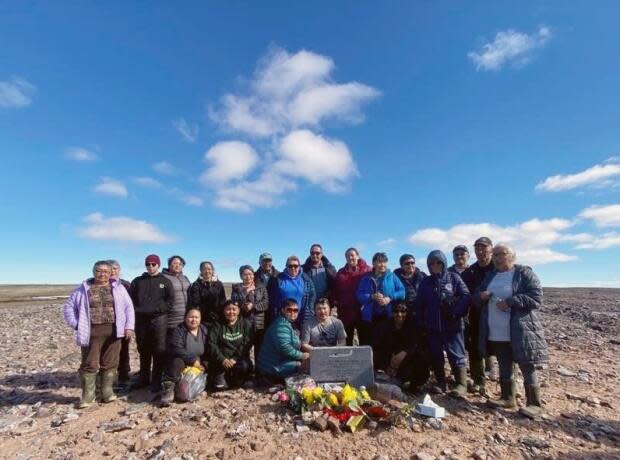
Four days before Christmas in 1977, a Twin Otter plane crashed just before landing at Nanisivik, Nunavut — killing all eight people on board, and haunting the victims' families for years. Now, those families may have finally found some peace.
Read the June feature here.
Can Whitehorse's vital clay cliffs survive?

A landslide that closed a vital highway into Whitehorse for nearly seven weeks exposed the fragility of the strange and wonderful wilderness in the city's centre. Caught between the twin crises of climate change and a housing crisis, which is forcing the city to encroach, the clay cliffs are more unstable than ever.
Read the story here.
High tech: How mountaineers used early GPS on Canada's tallest peak

It was 30 years ago this week that climber Michael Schmidt and his team reached the summit of Mount Logan to collect data using something that was very new at the time — GPS technology.
Read the feature from June 2022.
More climbing stories from CBC Yukon:
Bringing Tara home

When Tara Niptanatiak was found dead in February, she was quietly buried in a Calgary municipal cemetery under a grave marker with the wrong name. Her family found out weeks later. Now they want to bring her body home to Nunavut.
Read the feature from May 2022.
The landlord's game

In August of 2021, CBC North reporters John Last and Sidney Cohen told the story of Northern Properties, and how one company came to dominate rental housing in the North. A followup story, 'It's not OK,' looked at people in Yellowknife who rent from the company, and who share a list of common grievances — and few alternatives.
Two followup stories completed this series:
Etched on the skin

Kakiniit, an ancient Inuit tattooing practice that was nearly lost when the Catholic Church banned it a century ago, is seeing a resurgence among Inuit women who want a deeper connection with their culture.
Read the feature from October 2021.
100 years of Treaty 11
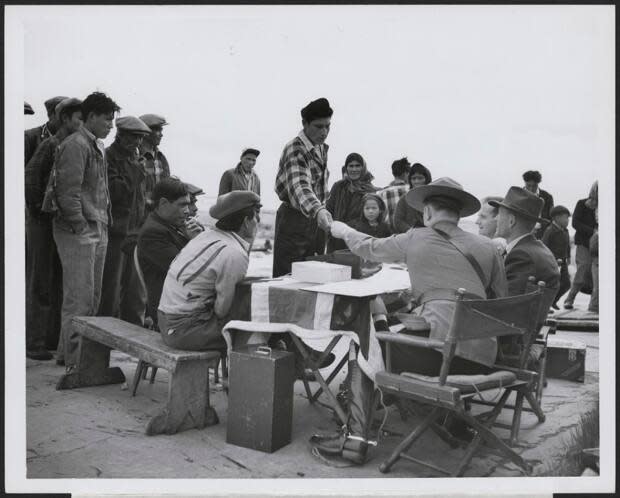
The summer of 2021 marked 100 years since a treaty party traveled up the Mackenzie River signing the last of Canada's numbered treaties with the Dene, Tłı̨chǫ and Gwich'in communities of the N.W.T. Read more on the complicated legacy of Canada's last numbered treaty, from July 2021.
A second story looked at the impact the Treaty has had on some families in the North, who describe it as a turning point. From July 2021.
A lean landing

For northern fly-in communities, local airlines provide a vital service, bringing groceries, building materials and doctors. But with COVID-19 restrictions, major revenue streams reduced to a trickle. This is the story of how one northern airline was making it through, from December 2020.
Border Business

Ryan Shank made it his mission to make groceries more affordable for northern families in a pandemic. From December 2020.
A question of legacy

The story goes that James Evans, a visiting Wesleyan Methodist Christian missionary, invented the Cree syllabary for the Cree, but the Cree have their own stories of the origin of the syllabary — one that may have been whitewashed.
Read our story from June 2020.
Stories in stone
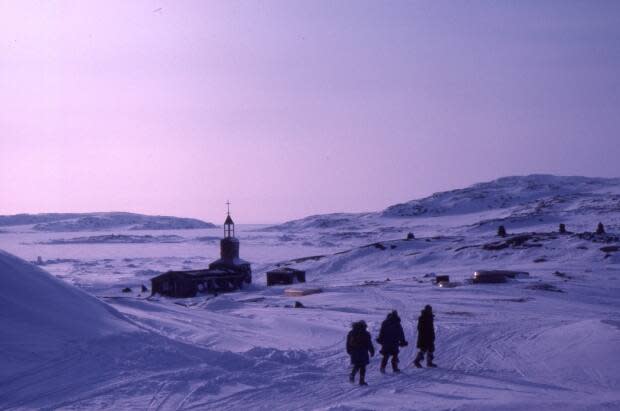
In the fall of 2020, CBC reporters John Last and Sarah Leonardis traveled to Kugaaruk, Nunavut, to mark the dismantling of a stone church that transformed the community, and held memories of its past.
The rise and fall of a small-town mall

An oral history of how Yellowknife's urban shopping centre went from a shopper's paradise to a cockroach-infested retail wasteland. From December 2019.
Into the abyss
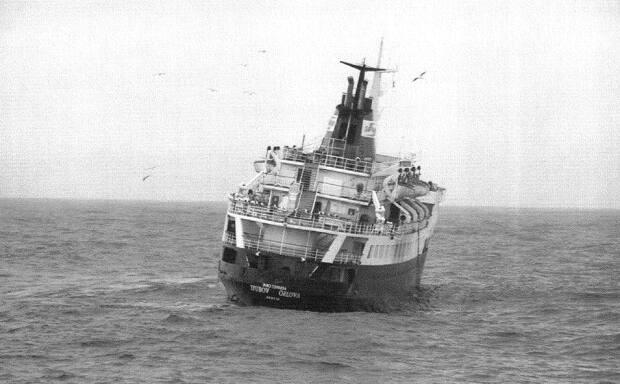
To tell the full story of what happened to the MV Lyubov Orlova, a Russian cruise liner that was abandoned in St. John's Harbour nine years ago, reporter Randi Beers delved into some Soviet history, the secretive world of offshore financial schemes, and the checkered histories of two men named Oleg.
From November 2019.
Forgotten voyage

One hundred years ago, the SS Princess Sophia left Skagway, Alaska. The 364 passengers and crew on board never reached their destination. It's the worst maritime disaster in the Pacific Northwest, but it's almost been forgotten.
Read the feature from October 2018.
Dancing toward the light

A dance competition in Arviat, Nunavut, has become legendary, and a way to heal emotional wounds. Ed Ou and Kitra Cahana traveled there in 2018 to tell this story.
My language, my heart
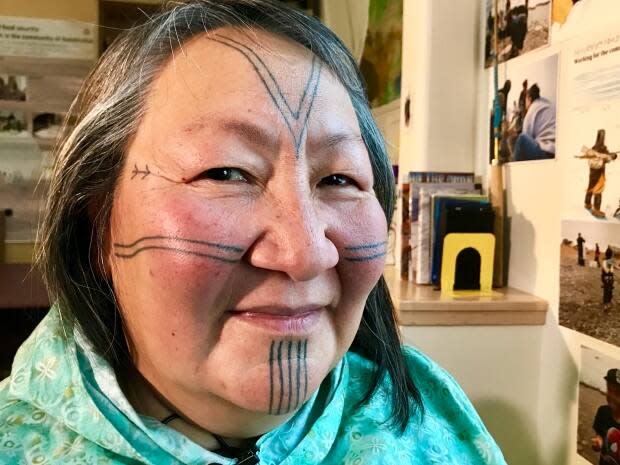
Is it possible to save a dying language? In western Nunavut, four Inuit women are doing it. From June 2017.


